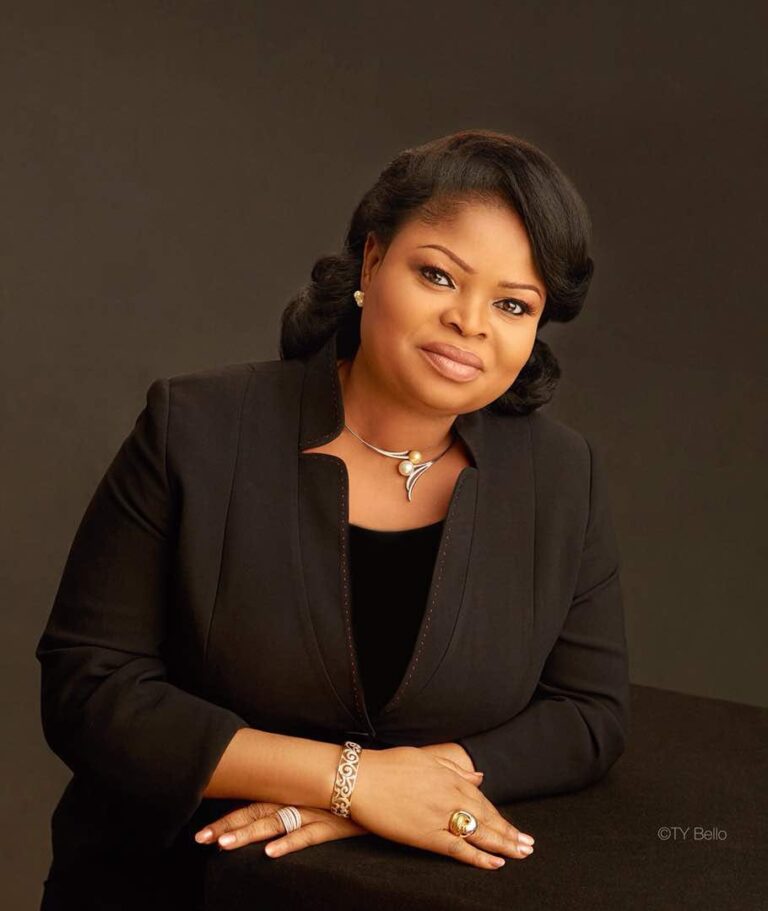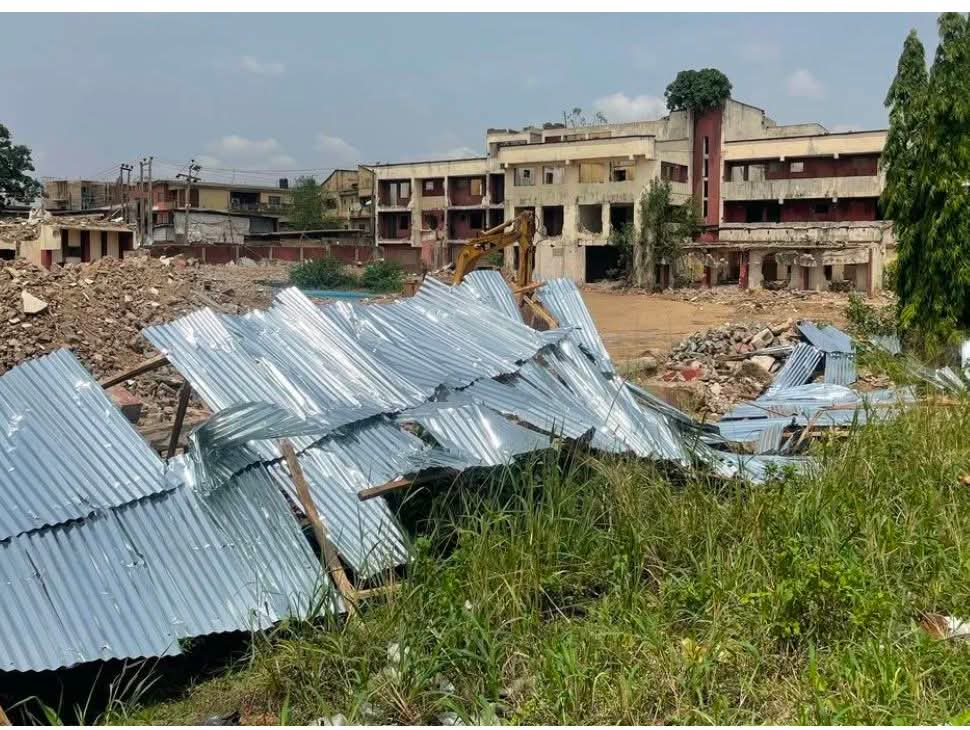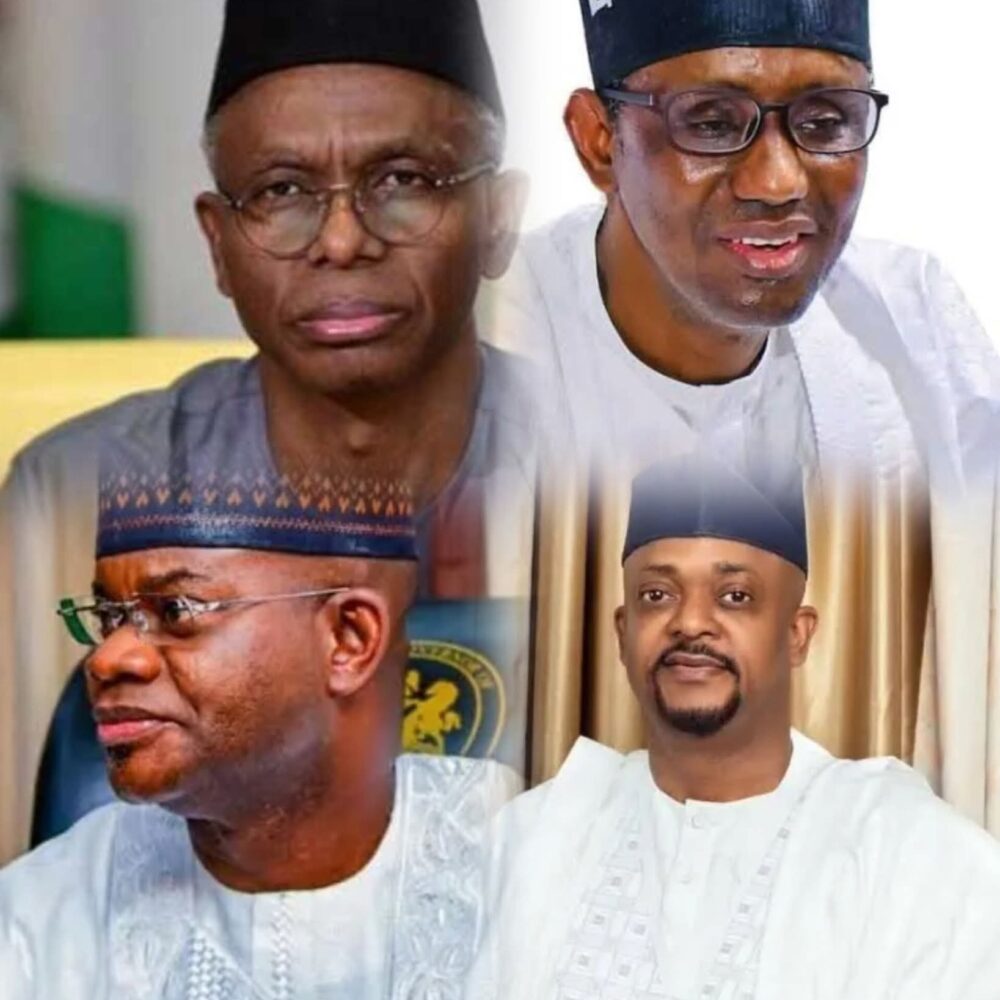Gender equality and parity was in line with the UN Goal 5 that guarantees sustainable development in all ramifications.
Aside equating and parring women in line with global requirements , it was also expected to empower women and girls with economic empowerment, so as to guarantee their well being across the continent with Nigeria not in exception.
Because of the interwoven nature of the 17 goals of SDGs including it’s targets spanned for 15 years between 2015-2030 subsumed into the decade of action of 2020-2030 agenda expectedly to tackle social ,economic and environmental issues.
Mindful of these global requirements domesticated in Nigeria, the SDGs leadership under Princess Adejoke Orelope-Adefulire SSA SDGs to Nigeria’s President adopted a multifarious and best approaches towards not only realizing the targeted intentions, but demonstrating practical will of government at federal and sub-national level towards achieving the set objectives.
These development had led to series of actions in Nigeria that had placed women and girls in a vantage positions in the area of economic, social , political activities in recent times.
SDGs in accordance with it’s mandate had carried out series of awareness and actions in collaboration with major stakeholders, the international communities and bodies towards ensuring women and girls are not shortchanged in the comity of nations particularly in Nigeria.
It had embarked in the last six years of it’s program on seminars, workshops, talkshops, symposia to highlight the rights, activities and responsibilities of women across Nigeria which led to the marking of women programs nationally and internationally particularly the ‘International women’s day.’
This was usually carried out yearly with a dedicated topic and action program coordinated by women bodies across the globe and nationally focused in line with the peculiarities of Nigeria.
The theme of this year 2022 event held on March 8 with it’s theme , ‘Gender equality today for a sustainable tomorrow ‘ coincided with the period when there was a tension and agitations for more special provision and action for women participation in Nigeria’s politics through creation of special/additional seats for women in the Parliament (National Assembly), led by Nigeria’s first lady, Dr Aisha Muhammadu Buhari in the last constitutional review.
SDGs in Nigeria was at the forefront of the struggle and leaned more support towards the realization of women’s hidden political potentials and leadership that may lead to more economic and social rights of women and girls both at national and sub- national level .
Though, Nigeria’s first lady actions and expectations did not yield the desired results, but aroused the consciousness of women through series of protests weeks after the leadership of the National Assembly stepped down it’s decisions and desire of Nigerian women, and will be a working template, wake up calls at all levels in the future democratic development of Nigeria.
It will also goes beyond the global decisions of 35% affirmative action on women in the area of appointments among others that had become a mere slogan in the country, at all levels of government without concomitant actions and response .
SDGs in Nigeria had played a leading roles in the creation of many outlets of engagements for women and girls through a well thought out policy actions and statements geared towards women emancipation.
Aside it’s religious commitments to the tenets of Goal 5 of the SDGs, it had maximally and effectively to the fullest the indices of Goals 8 and 10 that had stabilised inclusiveness, sustainable economic growth, gainful engagements and decent living, along with reducing inequalities domesticated in Nigeria.
The SDGs kicked the ground running by establishing series of empowerment programs, awareness, capacity building, skill development targeted at women and girls in Nigeria and crowned it with provision of seeds deployed to series of macro and micro economic activities targeted at women.
In the last six years, SDGs through its collaborations with major and minor stakeholders across the globe had opened up many supportive outlets in the country.
As part of it’s policy thrust and drive, SDGs , National Assembly, state governments, the private sector, CSO’s exposed Nigerian women and girls to gainful engagements either in employment or skill development as applicable and acceptable world over, as a new norm that avoided women and girls vulnerability.
The cardinal objectives of executing women and girls programs in Nigeria had giving women more quality all round engagements and attention to the excitements of the global and local bodies operating in Nigeria.
Aside opening up the skill development and empowerment centers in Nigeria with particular targets on women and girls, SDGs has constructed,rehabilitated and renovated special centres that had chunk of women and girls participation in Nigeria and determined to continue in that trend as a template for future reference.
These positive development had reduced to the barest minimum women exposure to negative tendencies and abuses prevalent in Nigeria, penultimate the invention of SDGs after the 2015 70th UN General Assembly declaration.
Since the slogan of engaging our women and girls in all facets had gone beyond mere slogan in Nigeria with it’s progressive and thorough achievements adorned all over the country, through synergy, cooperation, engagements and collaboration with relevant bodies, high level monitoring and execution template put in place by SDGs in Nigeria, no doubt , the enactment of enabling laws, policies of government and programs will drive women and girls to their parity destination expectedly in the country.
Nigeria and Nigerians cannot afford to continue to underutilized the potentials of our women and girls, having realised and worked towards the global targets and requirements of the UN SDGs, the need to sustain the continuous domestication of the program across board pioneered by SSA SDGs, Princess Adejoke Orelope-Adefulire cannot be overemphasized.
Yusuf writes from Abuja, He can be reached via: yus.abubakar3@gmail.com.





